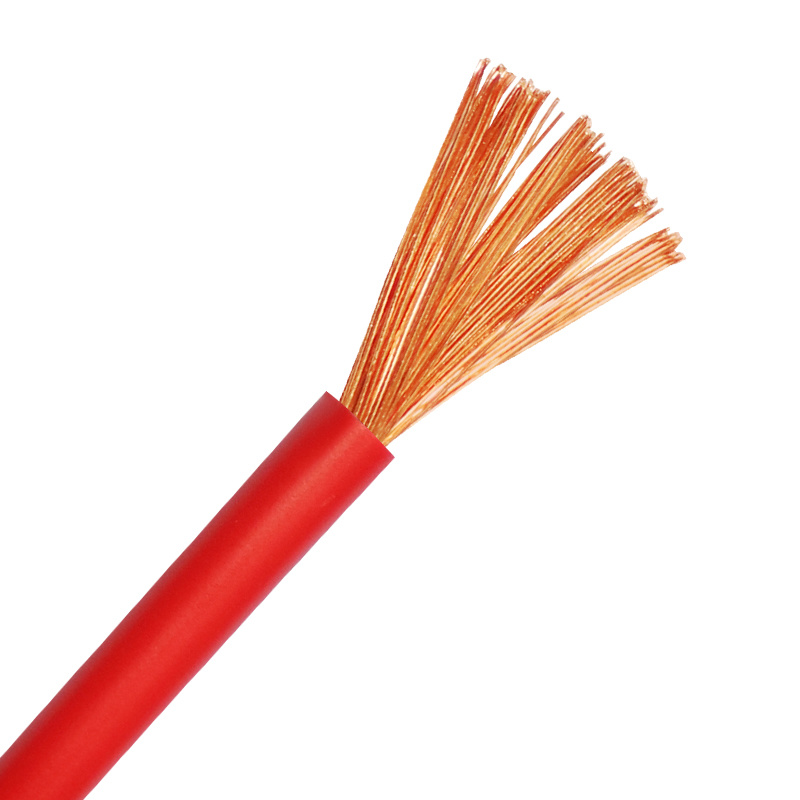In the world of electrical wiring, the debate between aluminium and copper cables has been a long-standing one. Homeowners, contractors, and engineers often find themselves pondering over the question: Is aluminium cable really cheaper than copper? Let's delve into the intricacies of these two materials to uncover the truth behind their cost-effectiveness.
- Material Cost: At first glance, aluminium cables are indeed cheaper than copper cables. This price difference stems from the fact that aluminium is more abundant and less expensive to mine and produce compared to copper. However, it's essential to consider the overall cost of the project, including installation, maintenance, and longevity.
- Conductivity and Efficiency: Copper is known for its superior conductivity compared to aluminium. While aluminium is a viable conductor, it requires a larger cross-sectional area to achieve the same level of conductivity as copper. This means that aluminium cables may need to be thicker and heavier, potentially offsetting the initial cost savings in material.
- Installation and Maintenance: Copper cables are generally easier to install due to their flexibility and lighter weight. They also have better resistance to corrosion, making them more durable in the long run. Aluminium cables, on the other hand, may require special connectors and additional maintenance to prevent oxidation and ensure optimal performance.
- Longevity and Performance: Copper cables have a longer lifespan than aluminium cables, especially in environments with high humidity or temperature fluctuations. The risk of thermal expansion and contraction in aluminium cables can lead to loosening connections over time, potentially causing safety hazards and performance issues.
- Regulatory Compliance and Safety: In some regions, building codes and regulations may dictate the use of copper cables in certain applications for safety reasons. Copper's fire resistance and low risk of overheating make it a preferred choice in critical installations where reliability is paramount.
In conclusion, while aluminium cables may offer a cost advantage in terms of material expenses, the overall cost-effectiveness of a wiring project should take into account factors such as conductivity, installation ease, maintenance requirements, longevity, and safety considerations. It's crucial to weigh these aspects carefully and consult with professionals to determine the most suitable cable material for your specific needs.

